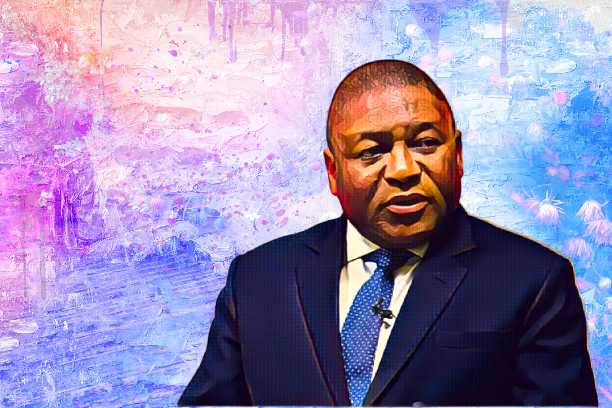KEY POINTS
- Peaceful power transitions foster collaboration and national stability.
- Respecting the rule of law encourages public trust and economic growth.
- Mozambique’s history shows the dangers of unresolved political conflict.
Mozambique is at a crossroads in its political journey. With a history shaped by conflict and socio-economic challenges, the country must embrace peaceful transitions of power as a cornerstone for stability, prosperity, and unity. The recent post-election unrest in Maputo highlights the urgency for political actors, especially the opposition, to abandon divisive rhetoric and violent protests in favor of dialogue and collaboration.
Building national unity through peaceful transitions
Mozambique’s political landscape has long been marked by deep divisions. Rival factions often clash after contested elections, exacerbating social and ethnic tensions. In a diverse nation like Mozambique, peaceful power transitions offer a chance to bridge these divides and foster national unity.
By accepting electoral outcomes, the opposition can set a precedent for collaboration over confrontation, encouraging a governance style that prioritizes collective problem-solving. This approach not only strengthens democracy but also creates a shared sense of purpose among citizens. National stability depends on fostering an inclusive political environment where every voice is heard.
Outgoing President Filipe Nyusi has pledged a peaceful transfer of power, signaling democratic integrity. This gesture provides the opposition with an opportunity to engage constructively with President-elect Daniel Chapo, who has expressed readiness to address critical issues such as youth unemployment, economic disparity, and Mozambique’s global standing.
Reinforcing the rule of law and economic stability
A peaceful transfer of power reinforces the rule of law, a fundamental element of any democratic society. When political parties respect electoral processes, they validate the legitimacy of democratic institutions and encourage civic participation. Mozambique, where public trust in institutions is vital for progress, stands to benefit immensely from this adherence to democratic principles.
Economic growth is directly tied to political stability. Foreign and domestic investors seek predictable environments to commit their resources. A stable transition of power can bolster investor confidence, leading to job creation and improved infrastructure. Conversely, political unrest deters investment, exacerbating poverty and stagnating development. For Mozambique, peaceful transitions could be a catalyst for economic revitalization, attracting international support and trade opportunities.
The lessons of history: Avoiding a cycle of violence
Mozambique’s history provides a stark warning about the costs of unresolved political conflict. The 16-year civil war, which ended in 1992, claimed a million lives and left lasting scars on the nation. In the three decades since Mozambique has made progress in fostering inclusion and rebuilding its economy. Returning to violence risks undoing these achievements and plunging the country into chaos.
The opposition has raised legitimate concerns about electoral transparency, but these grievances are best addressed through legal and diplomatic channels. Mozambique can draw inspiration from neighbors like South Africa and Botswana, where peaceful power transitions have reinforced democratic principles. These examples show that opposition can be effective without resorting to violence, achieving reform through constructive engagement.
The call for constructive opposition
In this critical moment, Mozambique’s opposition has a choice: escalate tensions or engage constructively with the incoming administration. Constructive opposition provides an avenue to influence policy, advocate for electoral reforms, and represent supporters without endangering national stability.
The stakes are high, especially for Mozambique’s youth, who bear the brunt of political instability. They need jobs, education, and hope—not another cycle of violence. By prioritizing dialogue over discord, the opposition can safeguard the well-being of all citizens and build a stronger democracy.
Mozambique deserves a future defined by peace, unity, and progress. Embracing a peaceful transition of power is not a concession but a commitment to the nation’s well-being. History will judge leaders who prioritize stability and unity over division, and Mozambique’s path forward hinges on their actions today.
By committing to dialogue, respecting electoral processes, and working toward shared goals, Mozambique’s leaders can leave a legacy of stability and prosperity. Peaceful transitions are not just about avoiding conflict—they are about building a democratic society where all citizens thrive.




